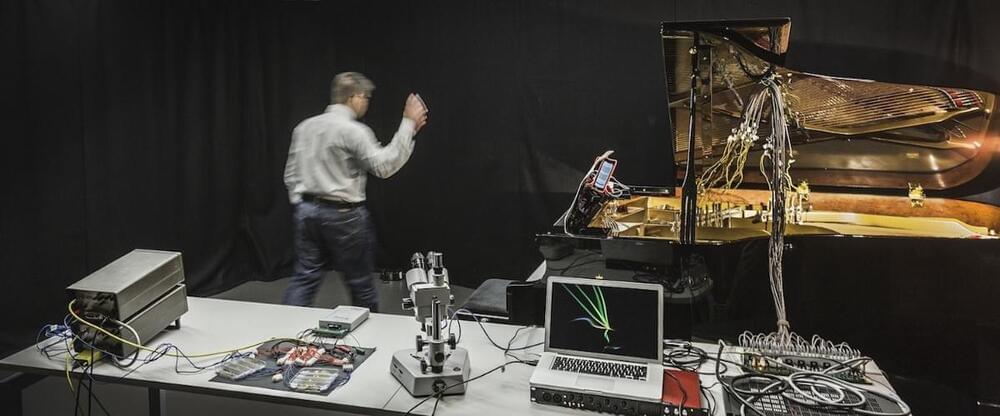Facebook’s metaverse is far worse than you thought…
Support the channel here (all funds go back into the channel):
► Become a Patron: https://www.patreon.com/MoonReal.
► Follow my Twitter: https://twitter.com/MoonRealYT
The Metaverse will bring about a new age of crypto trading, business, NFT’s, and investing. But there is another side to the Metaverse. Because Mark Zuckerberg sees the Metaverse as a new business venture to extract the money out our depressed and lonely generation. Mark Zuckerberg wants the metaverse to make money from his users privacy and data which poses a major threat to our society. This video explains the metaverse and what it means for business and society. There is lots of money and wealth to be made. This is how Metaverse makes money because it’s business model relies on our sick society. So join me as I explain the truth behind Facebook’s meta rebranding and why Metaverse is the most evil business in the world.









